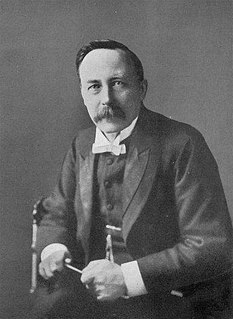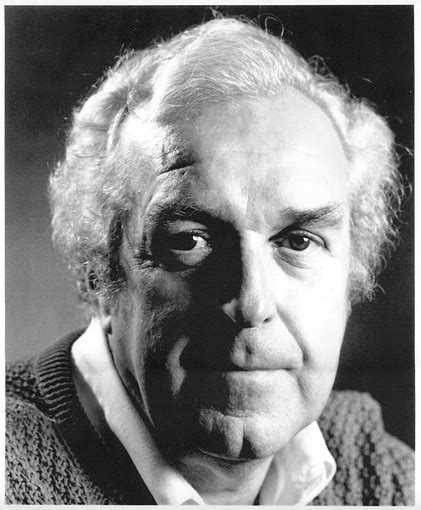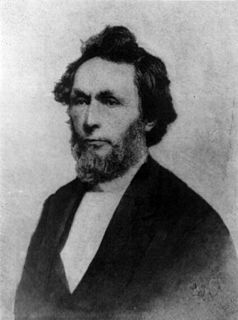A Quote by William Mackergo Taylor
True repentance has as its constituent elements not only grief and hatred of sin, but also an apprehension of the mercy of God in Christ. It hates the sin, and not simply the penalty; and it hates the sin most of all because it has discovered God's love.
Related Quotes
Be ashamed when you sin, don't be ashamed when you repent [To repent means to have a change of heart and mind. It is not simply a feeling of sorrow ,but a psycho/spiritual growth away from evil/death and a turning to God/life]. Sin is the wound, repentance is the medicine. Sin is followed by shame; repentance is followed by boldness [ Boldness means to beg God for undeserved mercy]. Satan has overturned this order and given boldness to sin and shame to repentance.
The cliché, God hates the sin but love the sinner, is false on the face of it and should be abandoned. Fourteen times in the first fifty Psalms alone, we are told that God hates the sinner, His wrath is on the liar, and so forth. In the Bible, the wrath of God rests both on the sin (Romans 1:18ff) and on the sinner (John 3:36).
Repentance is being sorry enough to quit your sin. You will never know the forgiving mercy of God while you are still wedded to your sins. Repentance is the soul's divorce from sin, but it will always be joined to faithRepentance that is not joined to faith is a legalistic repentanceProfessed faith that is not joined to repentance is a spurious faith, for true faith is faith in Christ to save me not in but from my sin. Repentance and faith are inseparable, and 'unless you repent you will all likewise perish' (Luke 13:3).
There are many ways to cover up our sin. We may justify or minimize it by blaming circumstances and others people. However, real repentance first admits sin as sin and takes full responsibility. True confession and repentance begins when blame shifting ends...Just as real repentance begins only where blame shifting ends, so it also begins where self-pity ends, and we start to turn from our sin out of love for God rather than mere self-interest.
In the deceitfulness of our hearts, we sometimes play with temptation by entertaining the thought that we can always confess and later ask forgiveness. Such thinking is exceedingly dangerous. God’s judgement is without partiality. He never overlooks our sin. He never decides not to bother, since the sin is only a small one. No, God hates sin intensely whenever and wherever He finds it.



































